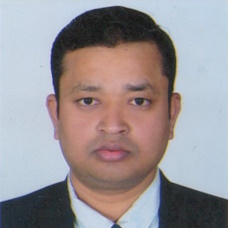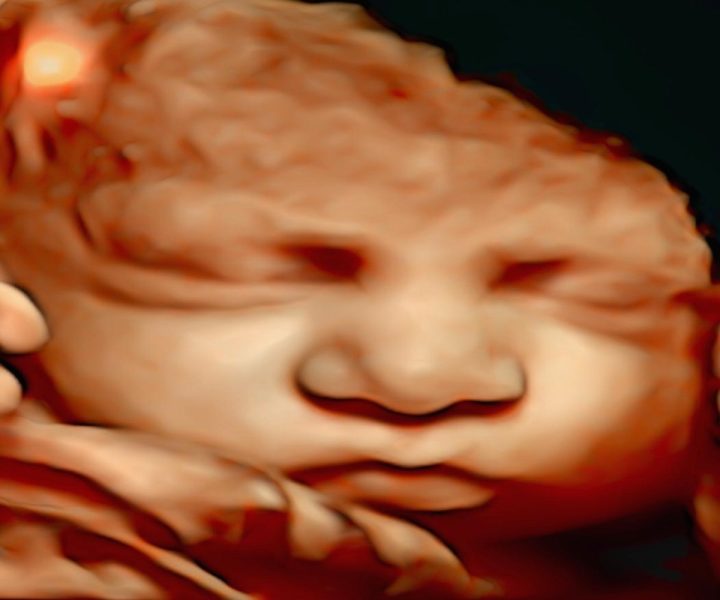The new age of fetal ultrasonography aided by artificial intelligence

Over the past few decades, fetal ultrasonography has seen enormous evolution, becoming an indispensable tool for monitoring the tiny ones inside the mother’s womb. The emergence of Artificial Intelligence (AI) is revolutionising this industry, offering the potential to improve the precision and effectiveness of prenatal care. For example, the latest ultrasound machines can predict the normal measurements and abnormal findings in an image without input from the sonographers.
Why is AI crucial for fetal ultrasonography?
An important function that AI fulfils is to enhance diagnostic and analytical procedures. Traditional fetal ultrasound scans require clinicians with expertise to interpret complex imagery. Nevertheless, mistakes can occur, and outcomes may differ based on the operator’s expertise. AI effortlessly bridges the gaps in healthcare. With its consistent and high-quality analyses, AI can assist healthcare professionals in making faster and more precise decisions. With this technology, we can say goodbye to uncertainty and hello to a new era of efficiency and accuracy.
How is AI making advancements in this area?
- Enhancing the image quality: AI algorithms have the ability to improve ultrasound images, resulting in enhanced clarity and greater detail. Enhanced image clarity enables physicians to detect abnormalities sooner, allowing for prompt interventions.
- Analysis can be automated: Various fetal structures and anomalies can be detected automatically by machine learning algorithms. For example, deep learning algorithms have the ability to automatically identify important anatomical landmarks like various structures in the fetal heart and the brain, measure fetal growth parameters, and identify congenital anomalies, all with minimal human involvement.
- Making predictions: Together with other patient data, we can utilize ultrasound data to predict any consequences. For instance, prediction models can evaluate the likelihood of premature delivery or identify early indicators of fetal development restriction by examining past data. In my previous project, I implemented machine learning algorithms to predict different planes of fetal heart and identify any abnormalities in the fetal heart.
- Can help in training doctors, nurses, and sonographers: Through the provision of instant feedback and insights, AI presents doctors with training possibilities. Practitioners may sharpen their diagnostic abilities with the use of VR and AR driven by AI, which can simulate a variety of fetal conditions.
What does the future hold?
New applications of AI in fetal ultrasonography are just beginning to surface, yet the field has enormous promise. The objective is not to supplant doctors but rather to provide them with more effective resources. Improved prenatal care, less work for sonographers, and fewer diagnostic mistakes are all possible outcomes of an AI-enhanced workflow. The more information we provide AI, the more it will learn, adapt, and improve its skills.
Is it ethical?
Concerns over the safety and privacy of patient information are natural concerns with the use of AI in healthcare. Healthcare organisations have a responsibility to safeguard patient information and make sure that AI models are objective and open.
Sum it up
A new era in prenatal treatment has begun with the use of AI in fetal ultrasonography. Doctors are able to spot problems sooner, make more educated decisions, and benefit both moms and their newborns as a result. Although there are obstacles, the opportunity for transformation is apparent. The use of AI is bringing us one step closer to a world where every pregnancy can be tracked with unmatched accuracy and care.
Dipak Kumar Nidhi
I’m a researcher focused on machine learning models. My interests include how AI can revolutionize health, mining, and telecommunication. I have a strong belief in the transformative potential of technology to enhance the efficiency, fairness, and accuracy of healthcare.
Researcher and PhD student, University of Turku.
Image Source: With permission from Dr. Khushboo Srivastav, People’s Dental College and General Hospital, Kathmandu, Nepal, 2021.
